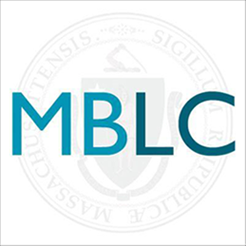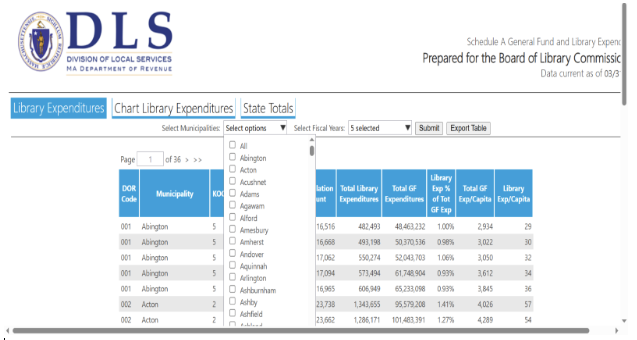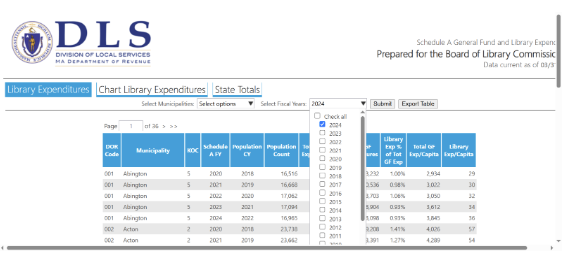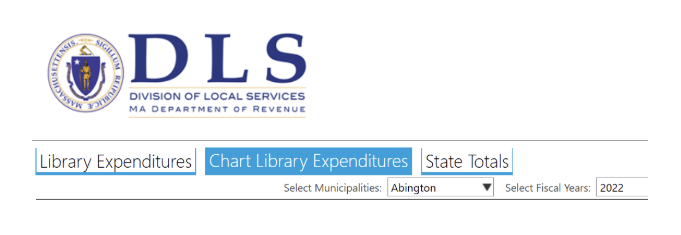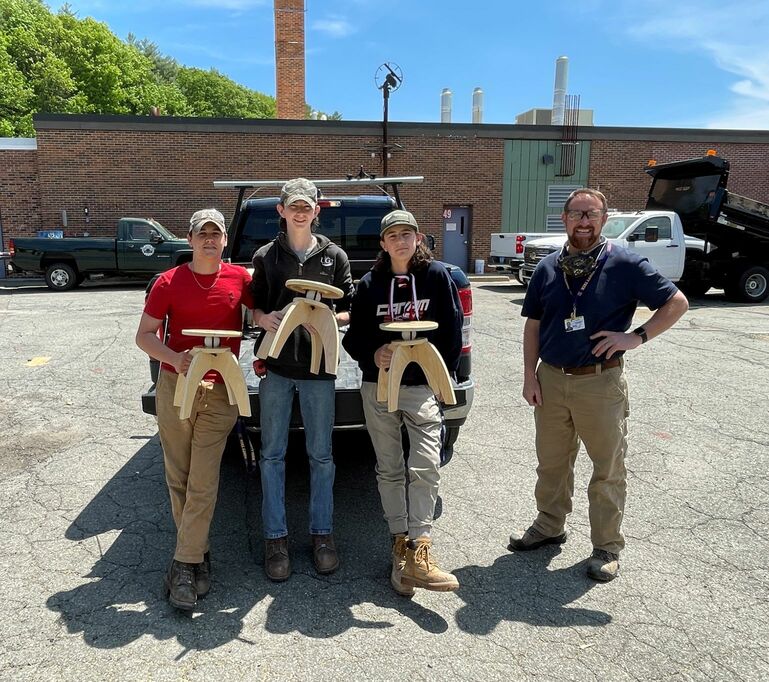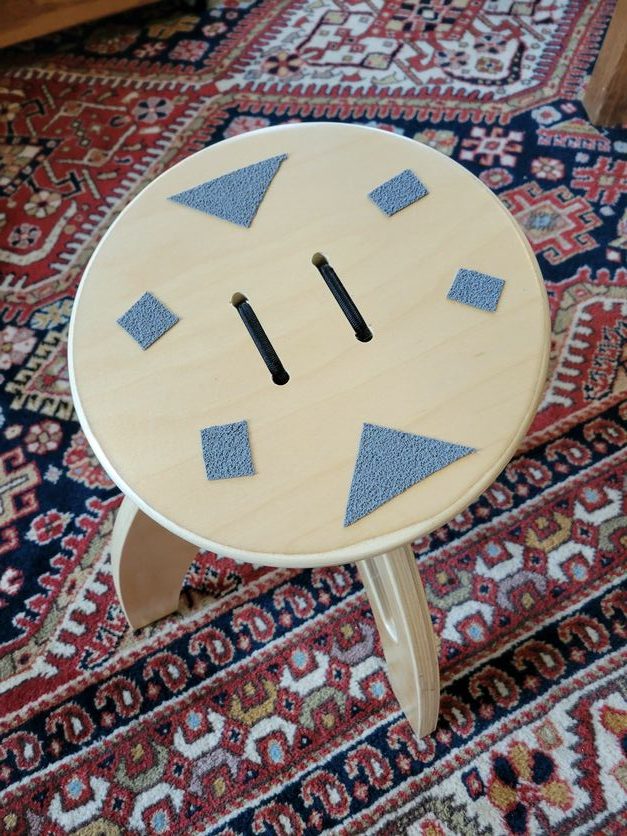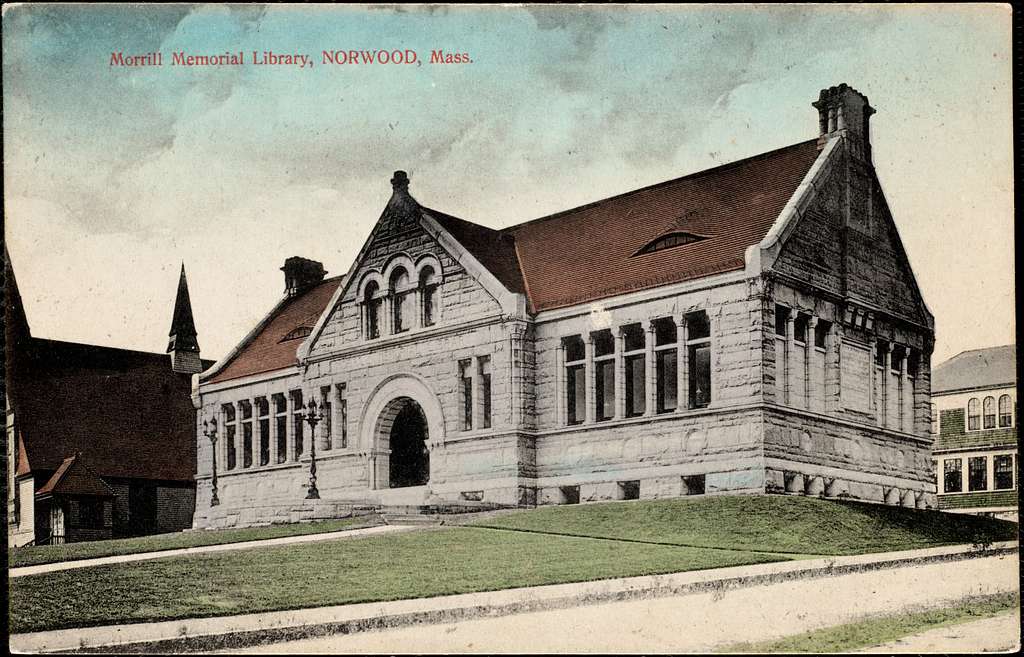According to the American Library Association (ALA) Library staff in every state are facing an unprecedented number of attempts to ban books. ALA’s Office for Intellectual Freedom tracked 729 challenges to library, school, and university materials and services in 2021, resulting in more than 1,597 individual book challenges or removals. Most targeted books were by or about Black or LGBTQIA+ persons. Recently, ALA submitted comments about the impact to the House Oversight Committee.
Massachusetts has also seen a dramatic surge in book challenges and disturbances. Combined formal and informal challenges, objections, disruptions have nearly quadrupled since 2021, going from combined total of 20 in 2021 to 78 in 2022.
Below are issue-related *articles. The most recent are listed first.
Massachusetts based news stories:
Groups urge schools to resist book bans
January 24, 2023
(The Salem News) BOSTON — Civil liberties groups are urging state and local education officials to push back against “coordinated” efforts to ban books, warning that pulling any controversial titles from libraries could run afoul of anti-discrimination laws.
In a letter to the state’s public school districts, the Massachusetts chapter of the American Civil Liberties Union and GLBTQ Legal Advocates & Defenders cited a recent uptick in library book challenges from parents and conservative groups targeting titles related to LGBTQ issues, communities of color, and other marginalized groups.
Read Full Story
White supremacists protest Taunton drag queen story time, police say
January 16, 2023
(ABC, News6) Police said over two dozen members of NSC-131, a white nationalist group, gathered outside the library Saturday to protest the event.
The protesters dressed in black masks and khaki pants waved a painted banner that read, “Drag queens are pedophiles.”
This group is also believed to be responsible for the racist flyers that have been dispersed throughout Rhode Island in the recent months.
Full story
Chelmsford Public Library reinstates ‘pastor story hour’ after church claims rights were violated
January 12, 2023
(Boston Globe) The Chelmsford Public Library has reinstated a pastor’s story hour that was planned for Friday morning but abruptly canceled Thursday afternoon after library officials said the church that organized the event misrepresented its plans.
A lawyer for The Shepherd’s Church had claimed the library bowed to public pressure after it became known that the event was planned in response to drag queen story hours.
Read full story
Neo-Nazis disrupted a drag event in Fall River. Organizers said they won’t be discouraged.
December 15, 2022
(The Herald News) FALL RIVER — A group of organized neo-Nazis disrupted a children’s event featuring a drag artist in Fall River this past weekend, with organizers vowing to not be discouraged from putting on future events.
“It was the most unsettling thing I’ve seen with my own eyes in a really long time,” said Sean Connell, President of the Fall River Pride Committee. “I think it’s so imperative to stay out here in the face of hate like this.”
Read full story
Christmas tree dispute at library has pitted ‘neighbor against neighbor,’ Dedham officials say
December 9, 2022(Boston Globe) “Unfortunately, a recent social media post expressing disagreement with the decision to display a holiday tree at the library has quickly evolved into a polarized environment and has led to the harassment and bullying of town employees,” the town said in a statement Thursday. “We wholeheartedly condemn this behavior as it tears at the fabric of our community and cannot be tolerated.”
Read full story
Book challenges on rise in Mass. amid culture wars
November 27, 2022
(Eagle Tribune)Massachusetts librarians are fielding a dramatic uptick in the number of book “challenges” from parents and outside groups who are upset about what they view as inappropriate content on sexuality and racism for younger readers.
A recent survey conducted by the Massachusetts Library Association found that informal challenges, disruptions and objections “quadrupled” between 2021 and 2022.
More than 100 libraries that responded to the group’s annual survey reported at least 78 book challenges so far this year — up from only 20 last year.
Read full story
National news stories:
America’s culture warriors are going after librarians
December 21, 2022
(.coda) It’s a tale playing out in cities and states across the country, as a book-banning fever courses through the country’s body politic. Nationally, attempts to remove books from school and public libraries are shattering previous records. The effort is being driven by a loose collection of local and national conservative parents’ groups and politicians who have found a rewarding culture war battle in children’s books about gender, diversity and sexuality. The majority of these groups were created during the pandemic as part of a broader “parents’ rights” movement that formed in opposition to Covid-related masking and remote learning policies in schools and that has since widened its focus to include challenging library and classroom books about race and LGBTQ issues.
Read full article
Kirk Cameron declares a ‘win’ over two public libraries that denied him story hours but now have ‘caved’
December 19, 2022
In comments to Fox News Digital over the weekend, actor and writer Kirk Cameron declared that he has “won” against two public libraries in this country that previously denied him the space and opportunity to hold a children’s book story hour program in their facilities — and that now are offering to work with him on room bookings after he challenged their denials and threatened to “assert” his “rights in court.”
Read full story
Kirk Cameron is denied story-hour slot by public libraries for his new faith-based kids book
December 7, 2021
(Fox News) With a new children’s book out that celebrates family, faith and biblical wisdom, actor-writer-producer Kirk Cameron cannot reach scores of American children or their families in many U.S. cities via the public library system because over 50 public libraries have either outright rejected him or not responded to requests on his behalf.
Read full story
A Fast Growing Network of Conservative Groups Is Fueling a Surge in Book Bans
December 12, 2022
(New York Times) Some groups are new, some are longstanding. Some are local, others national. Over the past two years they have become vastly more organized, well funded, effective–and criticized.
Read full story
Opinion: The school library used to be a sanctuary. Now it’s a battleground
October 31, 2022
(CNN) In September 2021, protesters ambushed the board meeting of the New Jersey school district where I have worked as a high school librarian since 2005. The protesters railed against “Gender Queer,” a memoir in graphic novel form by Maia Kobabe, and “Lawn Boy,” a coming-of-age novel by Jonathan Evison. They spewed selected sentences from the Evison book, while brandishing isolated images from Kobabe’s.But the real sucker punch came when one protester branded me a pedophile, pornographer and groomer of children. After a successful career, with retirement on the horizon, to be cast as a villain was heartbreaking.
Read full story
After Her Book Displays Drew Criticism, Librarian Elissa Malespina Lost Her Job. She’s Here to Say “I’m Not OK with This.”
October 13, 2022
(School Library Journal) Elissa Malespina was shelving books in the library at her new school. She started with the biography section, arranging titles to make the shelves more appealing to students at Union (NJ) High School, where she is the new school library media specialist.
Barack Obama. Rosa Parks.
She paused and debated which book to select next.“I better go with Colin Powell,” she thought. “Because then it’s a more conservative approach.”
That decision was not wrong, says Malespina, but the creeping doubt is new.
Read full story
Links provided to external (non-MBLC) news stories are done so as a convenience and for informational purposes only; they do not constitute an endorsement or an approval by the MBLC. MBLC bears no responsibility for the accuracy, legality, or content of the external site or for that of subsequent links. Contact the external site for answers to questions regarding its content.
